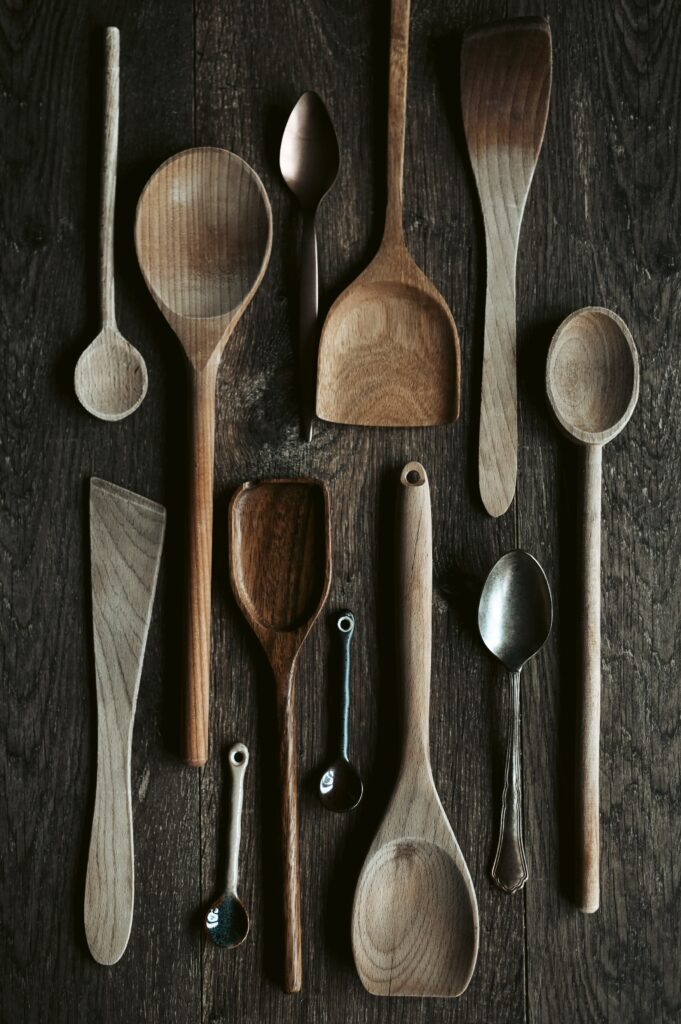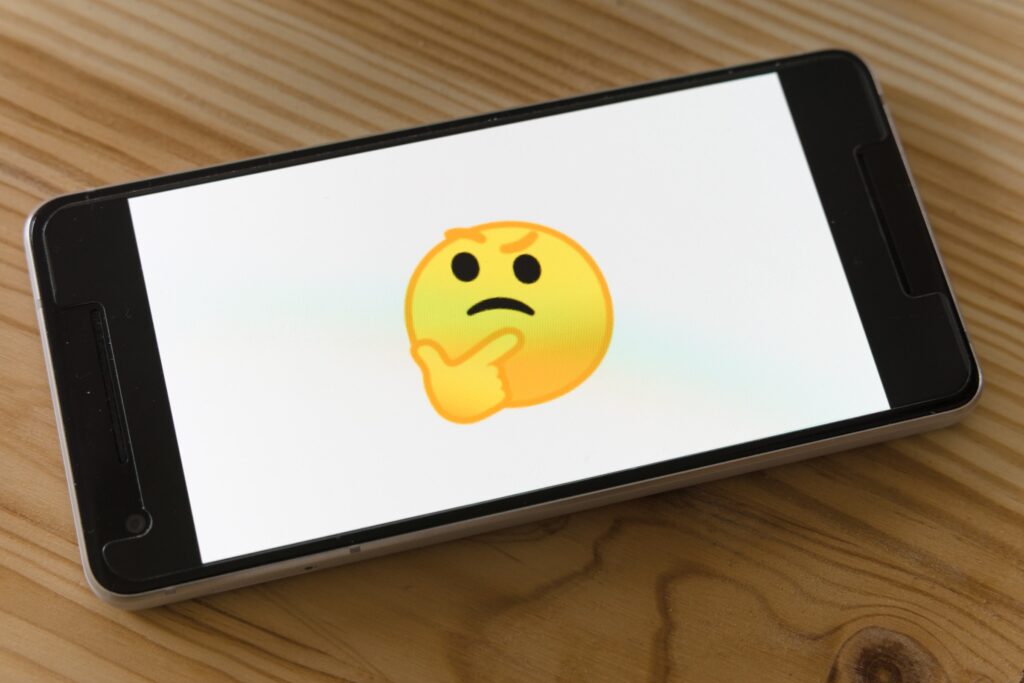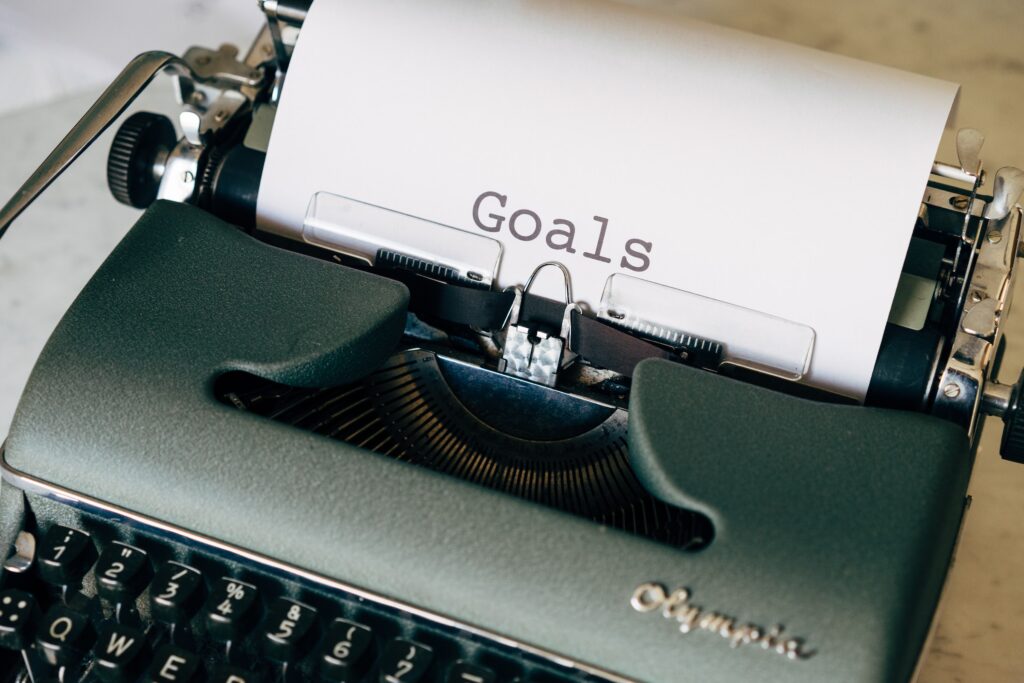
I ask myself these questions daily. Living with my chronic illnesses, like brain tumors, metabolic disorder, hypothyroidism, or diabetes insipidus, or with rare genetic conditions, like Ehlers Danlos Syndrome, dwarfism, or Madelung deformity requires constant energy negotiations as well as careful activity planning. I feel like each illness or syndrome is a ball and I am a juggler. Not a normal juggler with freely functioning arms, wrists, hands, and fingers; rather, I feel like a beginner juggler or a decrepit juggler who just can’t seem to nail the act. I throw 1 or 2 balls into the air, but, as I try to add other balls, like personal grooming, cooking, laundry, driving, errands, and social events, eventually, I always drop more balls than I catch. Inevitably, I ask myself, “What should I use my energy for today? What can I complete today? What do I have the energy for today: housework, social commitments, or appointments?”
Spoon Theory

Christine Miserandino also discusses this concept of chronically ill persons utilizing self-pacing daily strategies; she calls it Spoon Theory, and those who identify with this group are called “Spoonies.” Miserandino developed this theory in 2003 to provide an analogy for able-bodied people who need help understanding the ebb and flow of energy levels in the chronically ill population.
Miserandino compares units of energy to a spoon; each spoon represents the energy required to complete a task, like personal hygiene, work, and social responsibilities. Healthy, normal, able-bodied people have unlimited spoons to complete their daily tasks; these people can choose to complete any activity. Chronically ill people do not have an unlimited supply of spoons (energy). These people have a quota of daily spoons that they must ration for daily tasks. The quota and the division of said spoons depends on pain levels. Vacuuming the floor may take 3 spoons on a good day, but, on a bad pain day, it may take 8 spoons. Worse yet, the pain may be so debilitating that all spoons are consumed by the energy needed to simply get out of bed.
Spoonies, oftentimes, deal with depression because they feel as if they should be completing more tasks for the household and not for themselves, for example, chronically ill people may choose to cook a meal for the family instead of going for a walk, taking a shower, or partaking in a leisure activity. Chronically ill people focus tend to focus on their families’ needs and social obligations. This imbalance causes chronical illness warriors to neglect their own physical and mental needs.
Balance Is Imperative for Mental and Physical Health
There is not a correct balance that can be provided for all people. There is not a one-size-fits-all energy activity planner for Spoonies. We are all different. I can only speak from my experiences: it is important to find balance. I shouldn’t always deny myself from my needs and leisure time, nor should I be selfish and forget about my family. It took an extremely long time for me to accept that I was worthy of my time. There are times that I still struggle with placing myself first.

Budgeting myself spoons (energy) and time required me to shift my mindset. I had to retrain my thinking processes: I can’t provide for my family or be alive for my family if I don’t take care of my medical, mental, and emotional needs. My path began with self-reflection through journal prompts, mental health counseling, and physical therapy.
At first, I thought I was being selfish by going to physical therapy and not preparing dinner. The simple acts of getting out of bed, getting ready for my appointment, driving to my appointment, completing my physical therapy, and driving home depleted my available spoons. I did not have the energy to cook. To be honest, I thought I was making the wrong decision to place physical therapy as a priority over cooking meals. I grappled with my decision every time my husband had to make dinner because he had worked 10-12 hours that day. This anguish was indicative of my depressive guilt and shame.
Spoonies Bombarded By Social Expectations, Guilt, and Shame: We Need A New Social Movement
I know that I am not alone in my feelings. Many Spoonies have discussed with me their similar feelings. Spoonies carry this guilt and shame because their bodies do not have the energy to perform life’s “intuitive” activities let along “normal” activities. Society has innumerable expectations for others’ performance levels. The bombardment of these expectations sits in our hands via our phones, or comes through the Internet via streaming services, or through the air waves via TV and radio. These expectations are compounded with others’ well-intentioned comments regarding Spoonies’ health and activities.
My Personal Goals: Raise Awareness and Encourage Others

My hope is that a social movement will start that accepts all people regardless of mental or physical capabilities. Society focuses too much on what others don’t have or can’t do. We should focus on what we can offer to improve others’ lives.
My focus is encouraging others to accept themselves, in their current bodies and situations. The ability to love ourselves is the best gift that we can give back to society. I choose to love my Spoonie body and lifestyle. I ask myself, “What is my pain level? How much energy do I have? Do I use my energy for housework? Or, do I have enough energy to go to the gym?” I plan my days, ration my spoons, and balance my attention between my family and myself.
Hello Vibrant Virginia, I am happy that you messaged me the link to your blog. This is the first time I have heard about the Spoon Theory or spoonies. You’ve painted a picture which helps explain the struggles of the chronically ill. It is a form of budgeting energy instead of money. You are a remarkable individual, and I feel privileged to have sat under your teaching in Composition I a few years ago.
Thank you Marsha. It was a pleasure to teach you. I still think of you and your family. I have enjoyed seeing your pictures online.
Hey people!!!!!
Good mood and good luck to everyone!!!!!
Hello.
Good cheer to all on this beautiful day!!!!!
Good luck 🙂
Thank you Susan. I appreciate your comment. I do think a lot about my writing. Do you know someone who is disabled?
Thank you for your comment. Hope you are doing well.
You have your hands full! Yes, it is important to take care of ourselves. What illnesses do your children and husband cope with? The after-effects of chemo are rough! I have chemo-hair: once straight hair is now very curly. Do you have any hobbies that permit you some down-time?